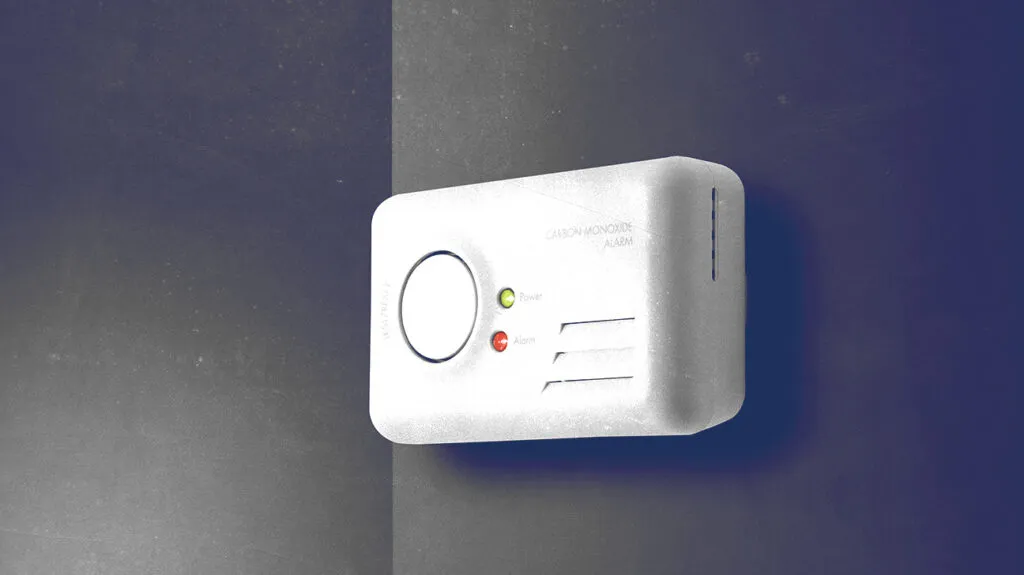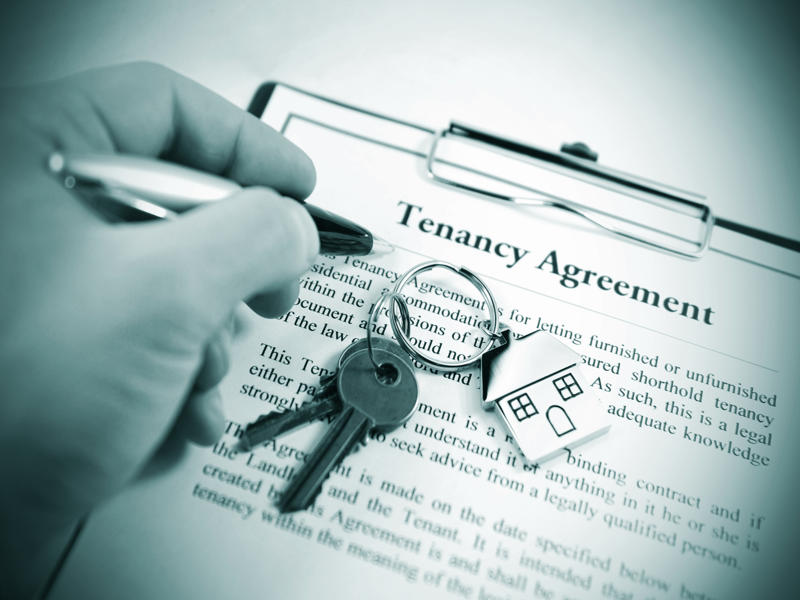| The Smoke and Carbon Monoxide Alarms (Amendment) Regulations 2022 state that all rented properties must provide a carbon monoxide alarm in rooms where there is any type of fixed combustion application, such as gas boilers, Previously this requirement only applied to solid fuel combustion appliances, such as wood burners, however, they have not been extended to gas cookers.
These Regulations impose duties on landlords of residential premises in respect of smoke and carbon monoxide alarms. The Regulations amend the Smoke and Carbon Monoxide Alarms (England) Regulations 2015 (“the 2015 Regulations”) to extend the current duties and to impose such duties on landlords who are registered providers of social housing. A smoke alarm must also be fitted on every floor of a rented property where there is a room used wholly or partly as living accommodation. From 1 October when a tenant (or a tenant’s nominated representative) reports that an alarm may not be in proper working order and is found not to be, the alarm must be repaired or replaced as soon as reasonably practicable. The Regulations only oblige landlords to check that alarms are in working order on the first day of a new tenancy. However, alarms should be tested before a tenancy commences to avoid any impact. It is recommended that you test your smoke and carbon monoxide alarms yearly along with having a regular sweep in the case of an open fire or fuel burning stove. While there’s no legal requirement to have a chimney sweep certificate in the UK, many insurance policies require proof of regular chimney maintenance, including a certificate from a qualified professional, to validate coverage for fire or structural damage.
|


 Legislation
Legislation